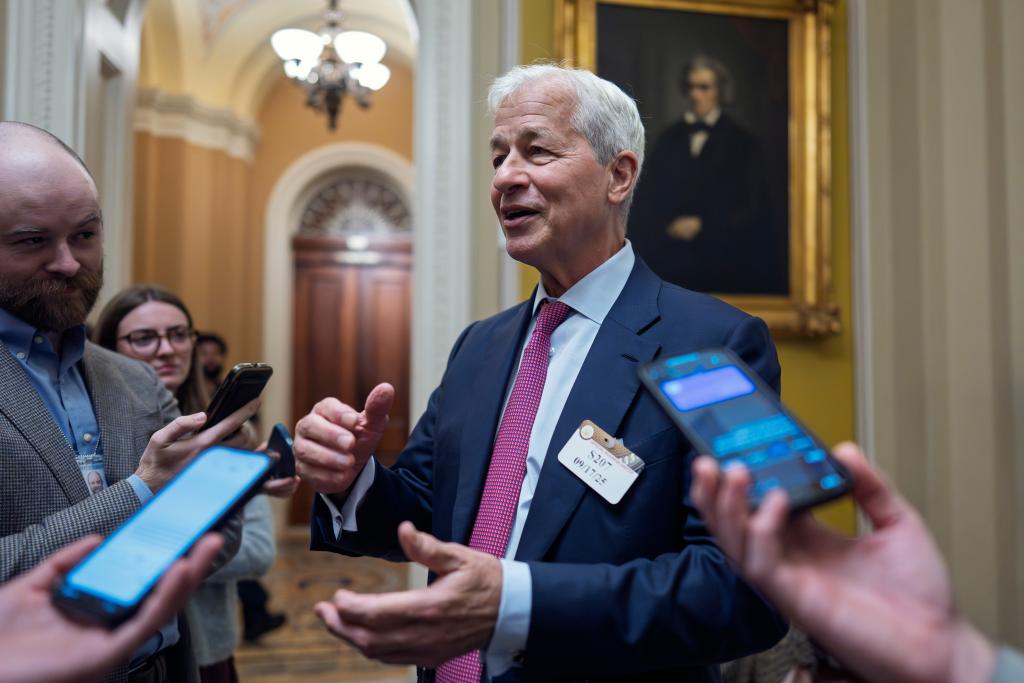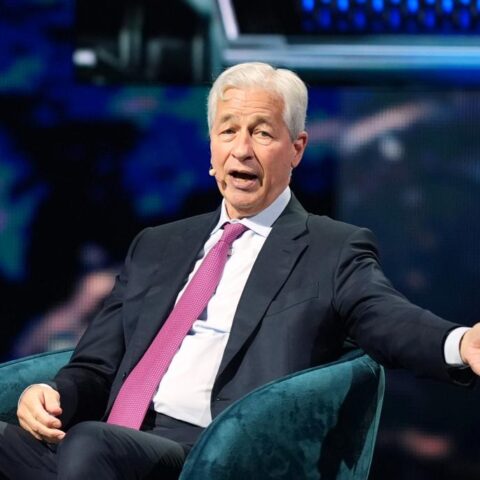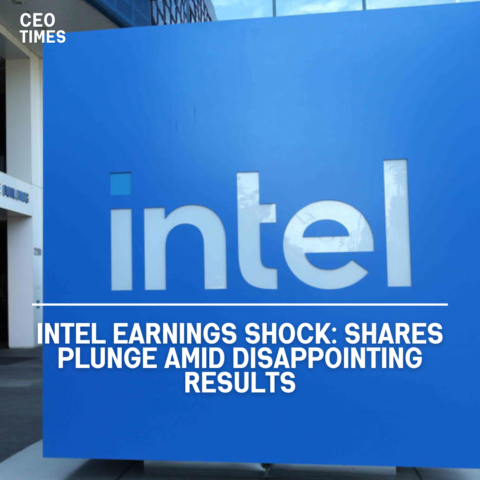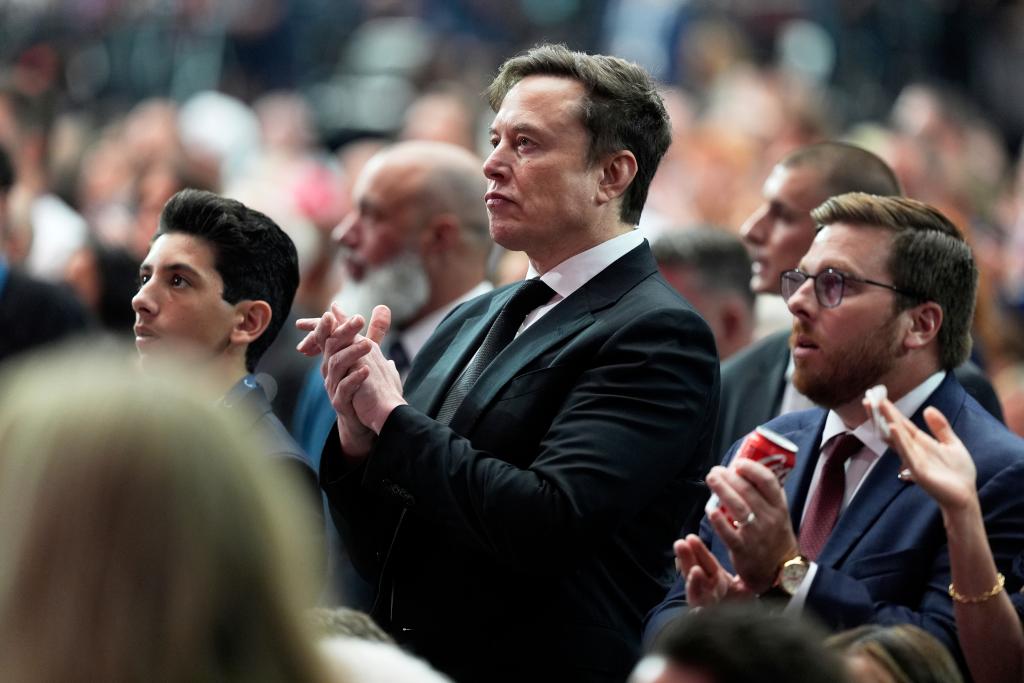The Wall Street giant posts a record quarter with profits up 12%, driven by resurgent deal activity, robust trading, and renewed confidence in U.S. markets amid shifting trade and regulatory landscapes.
JPMorgan Chase has once again asserted its dominance on Wall Street, reporting a 12% surge in third-quarter profits fueled by a wave of dealmaking and trading activity spurred by Donald Trump’s tariffs and looser financial regulations.
The United States’ largest bank saw revenue climb 9% to $47.12 billion, handily beating analysts’ expectations of $45.4 billion, according to data compiled by the London Stock Exchange Group. Earnings per share reached $5.07, far surpassing forecasts of $4.48.
CEO Jamie Dimon, now in his 19th year at the helm, attributed the strong results to a revival in corporate confidence and a robust performance across JPMorgan’s investment banking and trading divisions.
“This was a record third quarter for our trading division,” Dimon said. “Our teams benefited from significant market activity as investors repositioned amid evolving trade and tariff dynamics.”
The firm’s investment banking unit generated $2.6 billion in fees, up 16% year-over-year, while trading revenues soared 25% to nearly $9 billion. Dimon noted that the bank’s results reflected growing optimism in capital markets as executives reengaged in dealmaking after a period of volatility.
Industry analysts echoed that sentiment. Kenneth Leon, director of equity research at CFRA Research, said,
“We think this will lead the momentum for the rest of 2025 and into 2026. The standout performance came from the capital markets businesses.”
JPMorgan has been at the center of some of the year’s most significant transactions, advising on high-profile IPOs including Circle and Figma, as well as Sycamore Partners’ $18 billion take-private of Walgreens Boots Alliance.
Despite the strong quarter, Dimon cautioned against complacency, warning that “uncertainty stemming from complex geopolitical conditions, tariffs, trade tensions, elevated asset prices, and sticky inflation” continues to pose risks to global markets.
Still, the veteran CEO maintained that the U.S. economy remains resilient, though he acknowledged “signs of softening, particularly in job growth.”
The results come just a day after JPMorgan announced plans to invest $10 billion in strategic sectors critical to national security, including defense, energy independence, artificial intelligence, and quantum computing — part of a broader “security and resiliency initiative” aimed at strengthening the nation’s long-term competitiveness.
With this performance, JPMorgan has not only reaffirmed its position as a bellwether of financial strength but also signaled that, under shifting economic and political winds, Wall Street’s appetite for risk — and reward — is back in full force.




















